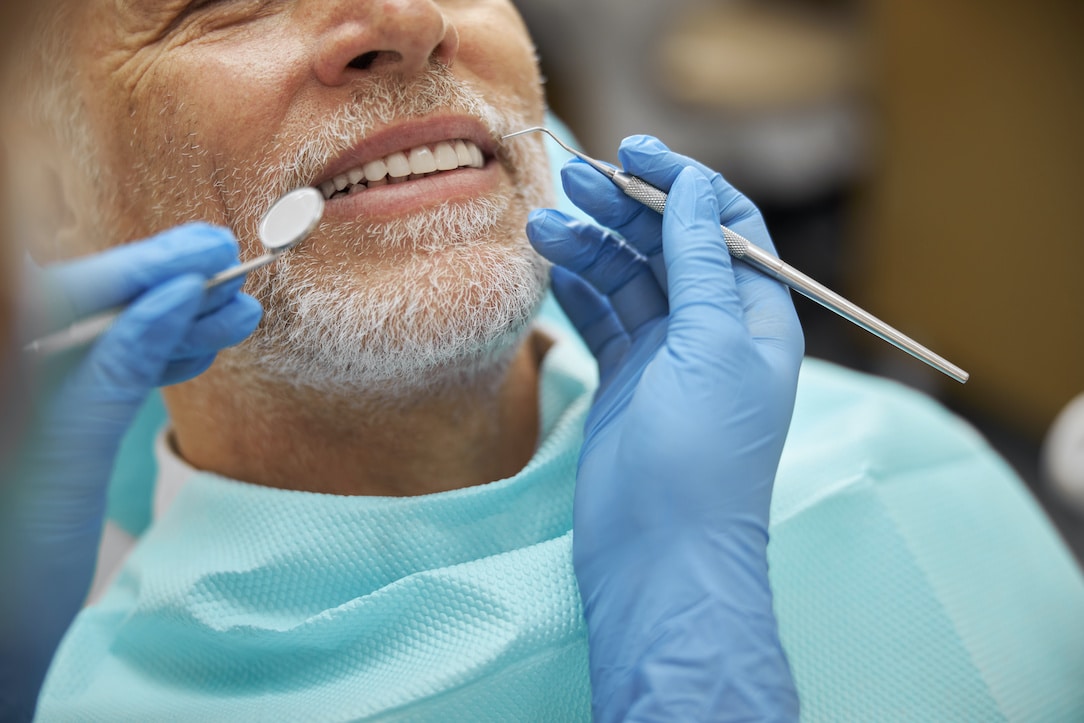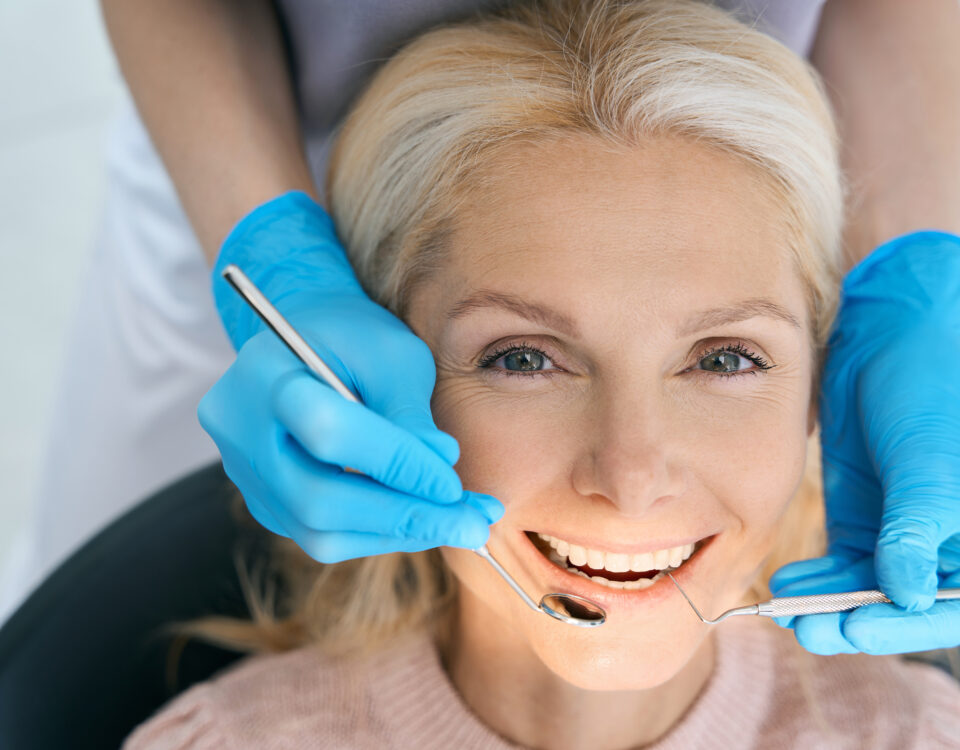How to Sleep Better with Sleep Apnea: Treatment Options

Invisalign for Adults: Everything You Need to Know
March 30, 2022
When to Consider Dental Bridges: Bridging the Gap Between Missing Teeth
April 14, 2022Do you often feel exhausted during the day? Do you snore loudly, or feel out of breath when you sleep? If so, you may have sleep apnea. Sleep apnea is a sleep disorder that affects millions of people each year. It can cause serious health problems if left untreated. In this blog post, we will discuss the different treatment options for sleep apnea and provide tips on how to get a good night’s sleep.
The Importance of Sleep
Sleep is essential for good health. The Sleep Foundation explains that sleep is an essential function that allows your body and mind to recharge, leaving you refreshed and alert when you wake up. Healthy sleep also helps the body remain healthy and stave off diseases. Without enough sleep, the brain cannot function properly. This can impair your abilities to concentrate, think clearly, and process memories.
Most adults require between seven and nine hours of nightly sleep. Children and teenagers need substantially more sleep, particularly if they are younger than five years of age. Work schedules, day-to-day stressors, a disruptive bedroom environment, and medical conditions can all prevent us from receiving enough sleep. A healthy diet and positive lifestyle habits can help ensure an adequate amount of sleep each night – but for some, chronic lack of sleep may be the first sign of a sleep disorder.
What is Sleep Apnea?
Sleep apnea is a sleep disorder that occurs when a person’s breathing is interrupted during sleep. This can happen multiple times throughout the night and can cause loud snoring. Sleep apnea can also lead to daytime fatigue, as well as other health problems.
Types
There are two main types of sleep apnea:
- Obstructive sleep apnea (OSA): This is the most common type of sleep apnea. It occurs when the muscles in the throat relax and block the airway.
- Central sleep apnea (CSA): This type of sleep apnea occurs when the brain does not send signals to the muscles that control breathing.
Sleep apnea can occur in people of all ages, but it is more common in adults and people who are overweight. It is also more common in men than women.
Sleep Apnea Symptoms
The most common symptom of this disease is loud snoring. However, not everyone who snores has this condition. Other symptoms include:
- Daytime fatigue
- Waking up gasping for air
- Headaches upon waking up
- Dry mouth or sore throat when you wake up
- Trouble concentrating during the day
- Irritability
- Depression
Treatment at Premier Dentistry of Eagle
Our dentist, Dr. Shane S. Porter has been trained in treating obstructive sleep apnea. with a custom-made oral appliance. This oral appliance fits in your mouth and is only worn while you sleep; it works by preventing obstructions in your airway throughout the night, allowing you to breathe continuously.
Oral appliance therapy is a comfortable and convenient treatment option for those who have mild to moderate cases. For patients with mild to moderate obstructive cases, dental appliances or oral mandibular advancement devices that prevent the tongue from blocking the throat and/or advance the lower jaw forward can be made. These devices help keep the airway open during sleep.
Other Treatments for Sleep Apnea
There are several other treatment options available for this condition. The most common is continuous positive airway pressure (CPAP). This treatment involves wearing a mask over your nose and mouth while you sleep. The mask is connected to a machine that provides a steady stream of air. This helps keep your airway open and prevents snoring.
In some cases, surgery may be recommended to treat the condition. This usually involves removing the excess tissue in the throat that is blocking the airway.
Tips for a Good Night’s Sleep
There are several things you can do to help get a good night’s sleep. Try to:
- Establish a regular sleep schedule. Go to bed and wake up at the same time each day, even on weekends.
- Create a relaxing bedtime routine. This may include taking a bath or reading a book.
- Avoid caffeine and alcohol before bed.
- Keep your bedroom cool, dark, and quiet.
- Exercise regularly, but not right before bed.
- Avoid working or using electronic devices in bed.
If you think you may have this condition, we encourage you to schedule an appointment with our office.
Contact Premier Dentistry of Eagle Today for Better Sleep
If you think you may have sleep apnea, contact Premier Dentistry of Eagle today to schedule an appointment. We can help you get the treatment you need to get a good night’s sleep!



